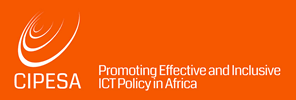Articles by Collaboration on International ICT Policy for East and Southern Africa (CIPESA)
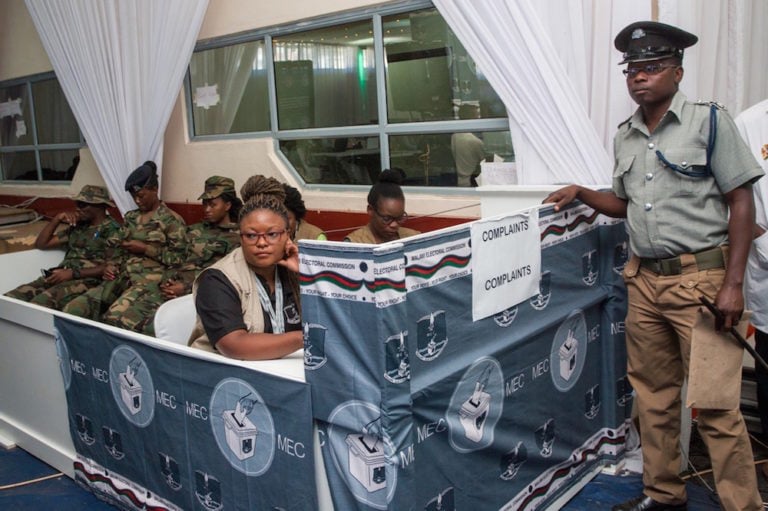
Malawi government shows little interest in improving access to Information
Lack of political will in implementing access to information legislation and ICTs leaves Malawians susceptible to misinformation and disinformation.
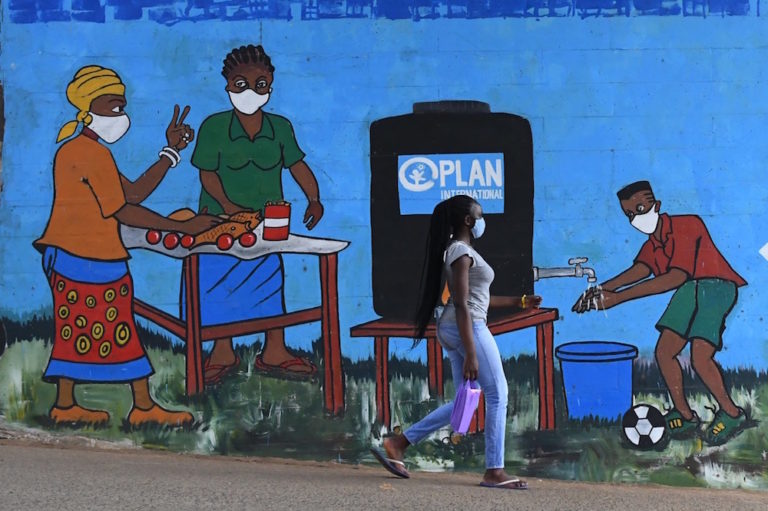
Kenya’s fight against COVID-19 chips away at digital rights
Strategies used to contain COVID-19 in Kenya have had a negative impact by violating freedom of expression and citizens’ privacy.
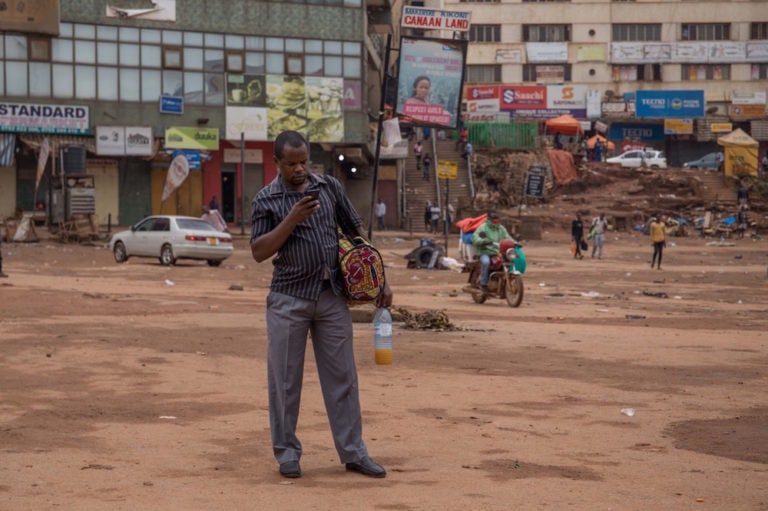
Compulsory registration of array of online content creators threatens free expression in Uganda
The Ugandan government persists in introducing regulations that directly impact on sharing of information through online platforms.

Niger passes new law on interception of communications
Niger’s recently passed interception of communications law is meant to contain security threats, but instead the surveillance implications pose a threat to free speech and online privacy.

Tanzania’s newly passed law entrenches digital rights repression
Edrine Wanyama takes a look at how in the run-up to elections, Tanzania has passed new regulations introducing exorbitant application fees and stringent online registration requirements for content producers.

Ethiopia skirting its duty to uphold freedom of expression
CIPESA reviews Ethiopia’s recurring internet shutdowns against the landmark ECOWAS Court of Justice ruling, declaring Togo’s 2017 internet shutdown illegal.
Disinformation laws and policies on the African continent at the push of a button
A coalition of civil society organisations has launched an interactive map to analyse and track how disinformation laws and policies are being enforced across sub-Saharan Africa.
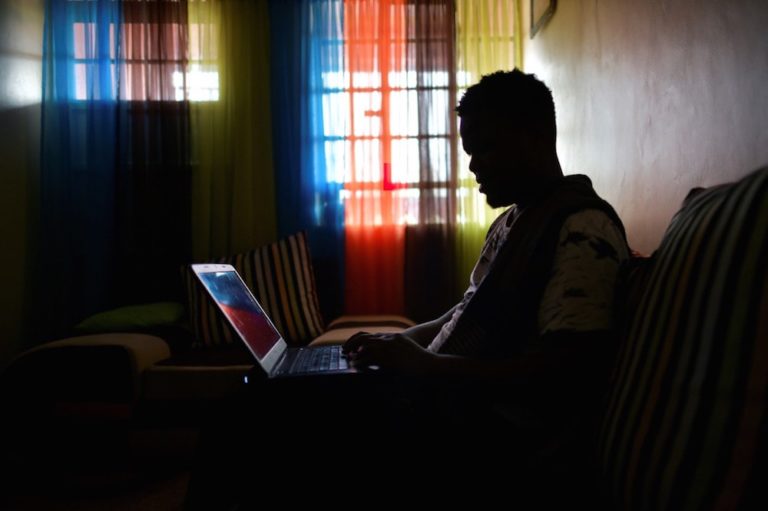
Cybercrime legislation in Kenya and Nigeria curtails fundamental freedoms
The African Internet Rights Alliance (AIRA) has urged two Special Rapporteurs to publicly call on Kenya and Nigeria to ensure that their cybercrimes laws do not restrict fundamental rights and freedoms during the COVID-19 pandemic.
